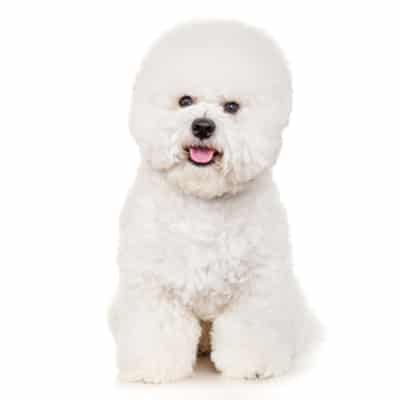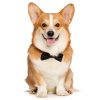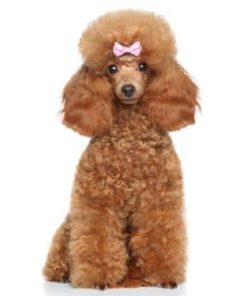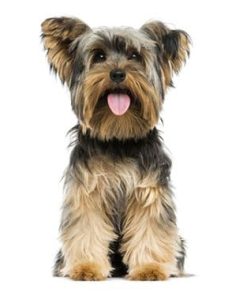Bichon Frise: The Cheerful and Charming Companion
The Bichon Frise is a small, lively breed known for its fluffy white coat, cheerful demeanor, and affectionate nature. Originating from the Mediterranean region, this breed has a long history as a companion dog, renowned for its playful personality and charming appearance.
Appearance
- Coat: The Bichon Frise is famous for its soft, curly coat, which is dense and hypoallergenic. The coat is pure white, although some slight variations in shade are acceptable. Regular grooming is necessary to maintain its signature fluffy appearance and to prevent matting.
- Build: This breed is compact and well-proportioned, with a sturdy, balanced body. They have a slightly rounded head, short legs, and a tail that curls over their back.
- Face: The Bichon Frise has a sweet and expressive face with dark, round eyes that convey a friendly and alert expression. Their black nose and well-defined features add to their charming appearance.
Temperament
- Cheerful and Playful: Bichon Frises are known for their happy and playful nature. They are energetic and enjoy engaging in various activities, making them excellent companions for families and individuals alike.
- Affectionate and Loving: This breed is highly affectionate and loves to be around people. They thrive on attention and enjoy cuddling and being part of family activities.
- Intelligent and Trainable: Bichon Frises are intelligent and eager to please, which makes them relatively easy to train. They respond well to positive reinforcement methods and enjoy learning new tricks.
Health and Care
- Grooming: The Bichon Frise’s coat requires regular grooming to keep it clean and free of mats. Daily brushing is recommended, along with regular baths to maintain coat health. Professional grooming every 4-6 weeks is also beneficial.
- Exercise: While they are lively and playful, Bichon Frises do not require excessive exercise. Regular playtime, short walks, and interactive activities are sufficient to keep them happy and healthy.
- Health Concerns: Common health issues in Bichon Frises include allergies, dental problems, and certain eye conditions. Regular veterinary check-ups, a balanced diet, and maintaining good dental hygiene are important for their overall health.
Training
- Positive Reinforcement: Training a Bichon Frise is most effective with positive reinforcement techniques. They respond well to treats, praise, and encouragement.
- Consistency: Consistent training and early socialization are key to ensuring a well-behaved and well-adjusted Bichon Frise. Socializing them with various people, animals, and environments helps them develop into confident adults.
- Mental Stimulation: Providing mental stimulation through interactive toys and training exercises keeps the Bichon Frise engaged and prevents boredom.
History
- Mediterranean Origins: The Bichon Frise has ancient origins in the Mediterranean region. It is believed to be descended from small white dogs that were popular among royalty and nobility.
- Royal Companions: Historically, Bichon Frises were favored by French and Spanish royalty. They were known for their charming demeanor and were often seen in the courts of European nobility.
Unique Traits
- Fluffy Coat: The breed’s distinctive fluffy, curly coat is one of its most recognizable features. It requires regular grooming to maintain its appearance and prevent tangles.
- Lively Personality: The Bichon Frise’s cheerful and playful nature makes it a delightful companion. Their friendly disposition and love for attention contribute to their popularity as family pets.
The Bichon Frise is a breed that embodies charm, intelligence, and affection. Its delightful personality and striking appearance make it a beloved companion for families, singles, and seniors alike.
Feel free to modify or expand this description based on your needs!
Information to know:
Website: https://spamcoins.xyz/
Phone number: 936-493-2611







Reviews
There are no reviews yet.